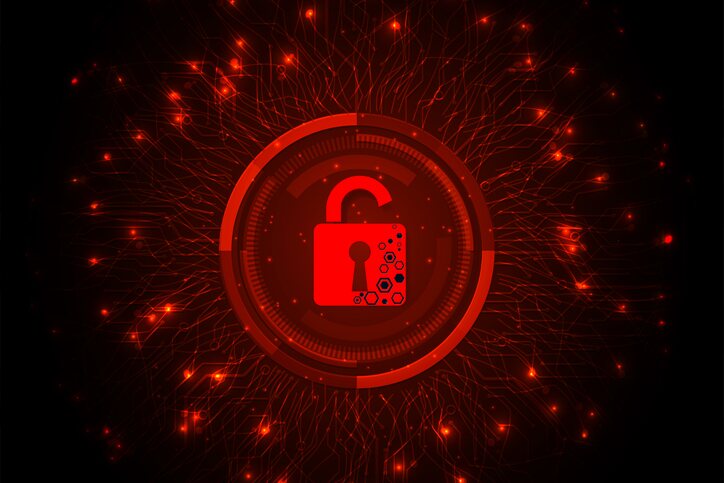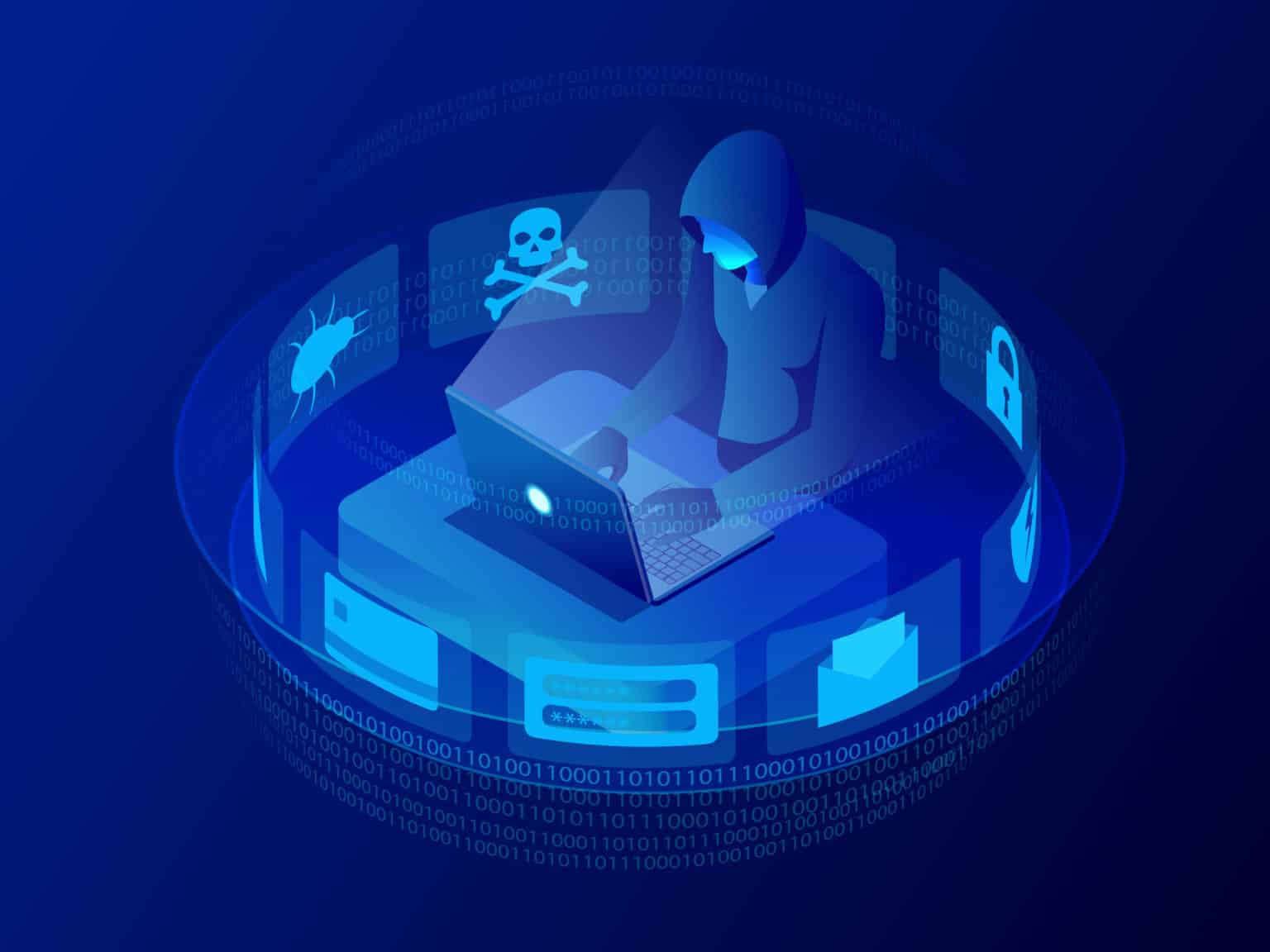About Cyber Security
Cyber Security is a rapidly advancing technology with paramount importance that protects organizations and individuals from malicious attacks. With the amount of data stored and transferred digitally, organizations must be at the forefront of the latest cybersecurity trends and technologies to protect their data from malicious attacks.
Implementing Predictive Analytics: Artificial Intelligence (AI) and Machine Learning (ML) algorithms are increasingly being used to detect malicious threats before they can cause any harm. AI-powered solutions can automate and streamline the process of identifying, analyzing, and responding to potential threats in real-time.
Cloud Security: It is prominent as organizations are increasingly shifting their data to the cloud. Solutions like Cloud Access Security Brokers (CASBs) enable organizations to monitor and protect their cloud-based data, regardless of the cloud provider.
Biometrics: Organizations are now using solutions such as facial recognition, fingerprint scanners and iris scanners to authenticate users and restrict unauthorized access to their networks.
Cyber Security As A Career
Cyber Security is a rapidly growing field with a lot of potential for job security, financial success, and making a difference. It involves continual learning and adapting to new trends and technologies and offers plenty of job roles and high salaries. Additionally, it is immensely satisfying knowing you are protecting people and businesses from cyberattacks. There is plenty of flexibility in the field, allowing you to work independently or in a team.
Cyber Security certificate courses can help you learn the fundamentals and gain the skills and knowledge you need to excel in a cyber security career.
- Cyber Security Engineer: Responsible for protecting networks and systems from cyber-attacks by designing, developing, and implementing security solutions.
- Cyber Security Analyst: Responsible for identifying and mitigating security threats to an organization's information infrastructure.
- Systems Security Administrator: Responsible for protecting an organization's networks and systems from cyber threats and data breaches.
- Information Security Analyst: Responsible for protecting an organization's networks and systems from cyber-attacks and other security threats.
- Cyber Security Consultant: Responsible for helping organizations protect their systems and data from cyber threats.
- Security Architect: Responsible for designing, building, and implementing enterprise-level security systems to protect organizations from malicious cyberattacks.
- Cyber Security Manager: Responsible for planning, implementing and overseeing security measures to protect an organization's data and systems.
- Security Software Developer: Responsible for creating software and systems to protect networks, systems, and data from malicious attacks and unauthorized access.
- Penetration Tester: A cybersecurity expert using various tools and techniques to find and exploit computer systems and network vulnerabilities.
- Security Researcher: A professional specializing in analyzing and evaluating security systems to identify weaknesses and vulnerabilities.
Best Cyber Security Courses
The PG Program in Cyber Security from the Great Lakes and UT Austin is the best course available today. It offers a comprehensive curriculum which you can explore on the respective programs page. The curriculum teaches learners to develop secure software and defend against malicious attacks. Professionals who complete this program will be well-equipped to tackle the complex security challenges organizations face in the digital world.
If you are new to the domain, you can explore Great Learning's Free Cyber Security courses online: Introduction to Cyber Security, Types of Cyber Security, Cyber Forensics, and Network Security.









 Certificates from prestigious universities and institutions like Texas Mccombs and Great Lakes.
Certificates from prestigious universities and institutions like Texas Mccombs and Great Lakes.  Single certificate from colleges or institutions
Single certificate from colleges or institutions








.jpg)



.jpg)




![[Masterclass] Exploring Cybersecurity: Data Protection and Privacy [Masterclass] Exploring Cybersecurity: Data Protection and Privacy](https://dtmvamahs40ux.cloudfront.net/public/webinars/webinars-483-Screenshot 2024-04-22 161417-min.png)















